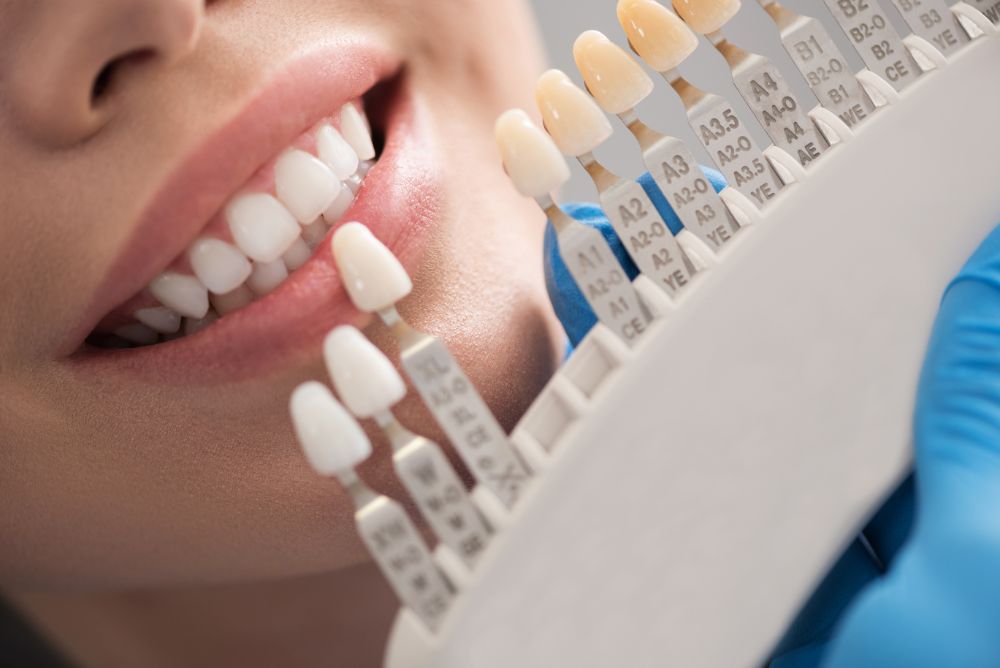It is undeniable that dental crowns help many. They are helpful in many scenarios and help maintain oral health and a vibrant smile. They are also very common cosmetic procedures to help you achieve an overall youthful look and healthier teeth. Before getting crowns, you might be nervous about the process, especially when getting them for the first time. The main concern that many have is whether the procedure is painful and post-surgery care. Understanding more about dental crowns may allay the fears that you have.
What Are Dental Crowns?
Dental crowns are tooth-shaped covers that protect and strengthen teeth. They usually cover the visible portion of the teeth. Dental crowns are made of various metals, including stainless steel, porcelain, and gold. Which metal your dental crowns should depend on why you’re getting the crowns in the first place.
Children needing crowns over their baby teeth are usually advised to get stainless steel crowns. Gold is durable since it does not react with many chemicals, including most weak acids. They are ideal for crowns for adults. Porcelain crowns are used to provide aesthetics in addition to protecting the teeth. The color of the porcelain crowns can be matched to one’s natural tooth color, so they don’t stand out. Porcelain is the preferred crown material for canines, premolars, and incisors.
Why Dental Crowns Are Required
In addition, dental crowns are also needed when you have large cavities or tooth fractures. They prevent structural damage to the teeth from progressing. This also gets rid of pain due to tooth pulp exposure. Teeth undergo regular wear and tear due to friction when chewing and they may erode from food acids. Dental crowns protect the enamel from damage due to this and help maintain a youthful dental look. Gaps due to missing teeth can also be fixed by dental implants over which dental crowns are placed. This improves one’s dental appearance vastly.
The Key to A Pleasant Dental Crown Placement
Anxiety over the placement of dental crowns can be reduced by first going over the procedure with your dentist. He or she will advise you on the process and the measures to be implemented. They will then go over what you can expect after the dental crowns have been placed. This includes information on how to care for them before and after the procedure. Experienced and well-trained orthodontists will quickly note anxiety even if you don’t tell them that you are anxious. They will then do all they can to reduce this anxiety.
Regarding pain, dental crowns are usually placed after you have been anesthetized. This greatly reduces the chances of any pain. During the procedure, the dentist will ask you if you have any pain sensations. They will then find ways of stopping this, including using other drugs that may not be used for standard crown placement. Most dentists will do anything to ensure you are not in pain during the procedure. However, an experienced dentist like Alex Rubinov would be better at doing this more effectively and without risking your health.


